
Call Us

Call Us

Business Hrs
Mon-Sun: 24 Hours

Call Us

Call Us

EOCL India’s trusted partner for MBBS in Germany 2025-2026, Come learn with us at reputable medical schools that offer hassle-free admissions and reasonably priced tuition.

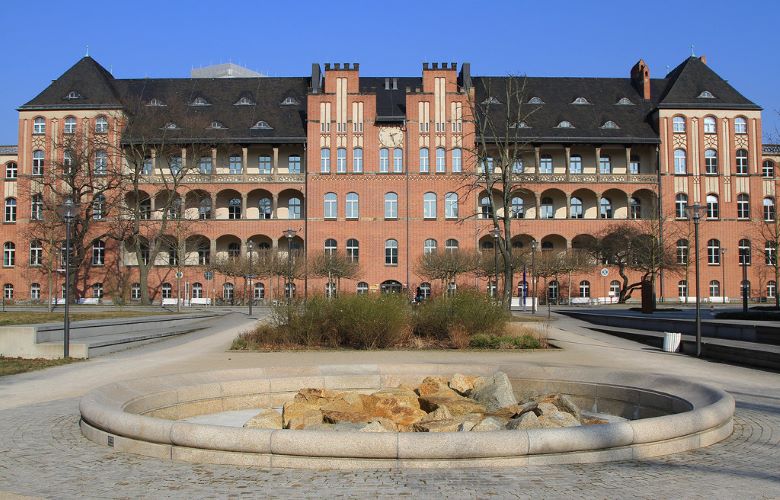
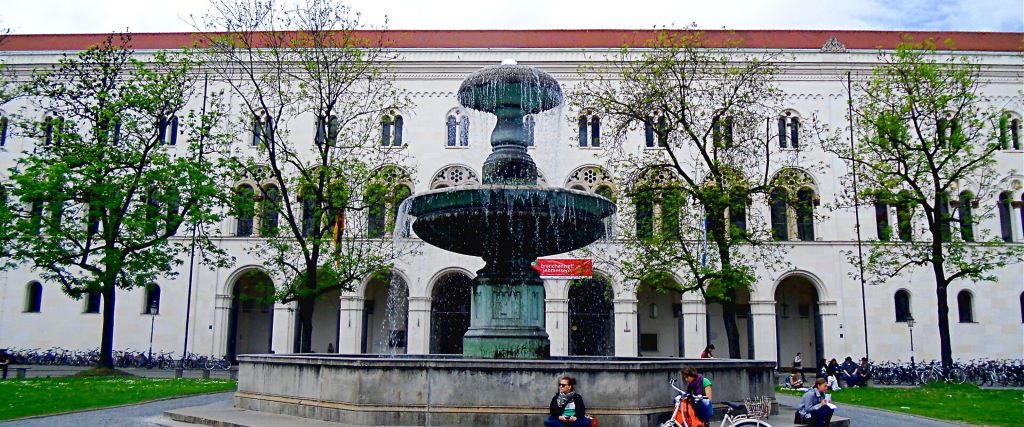

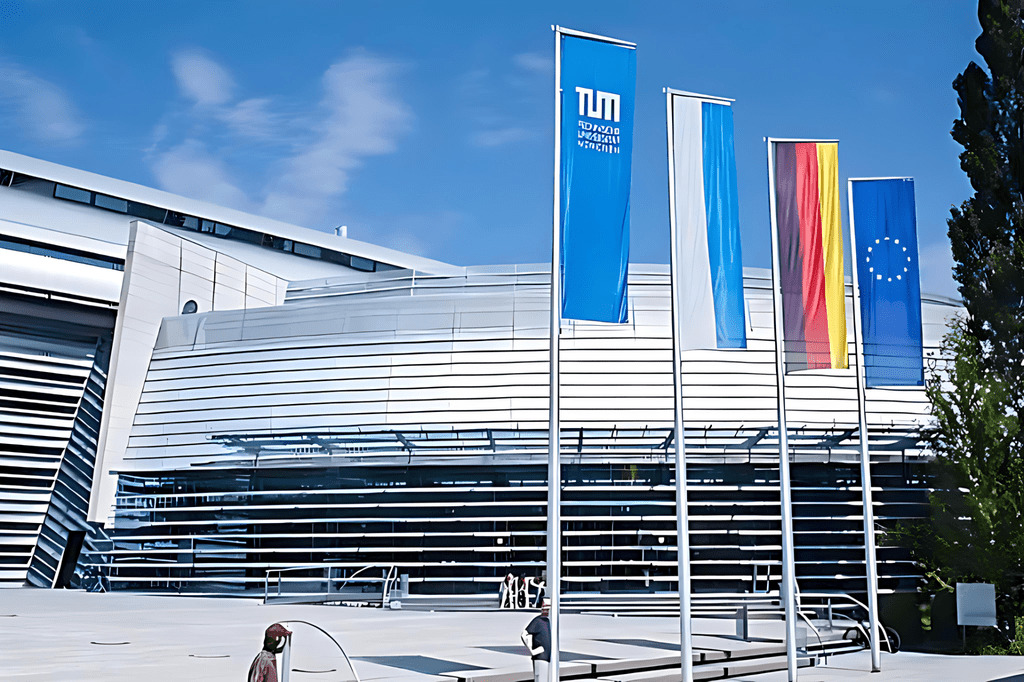

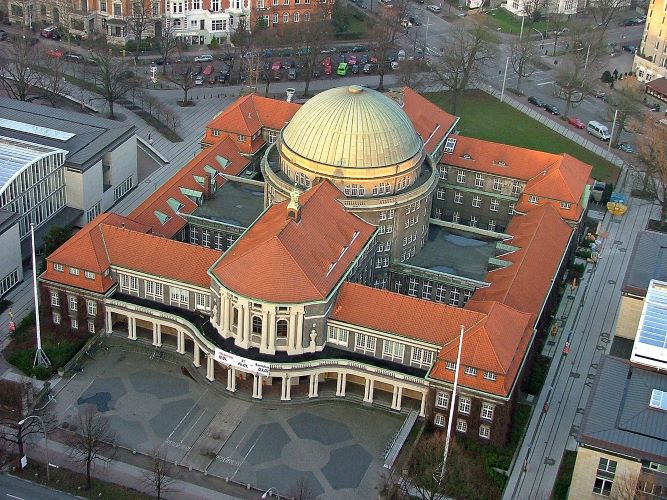

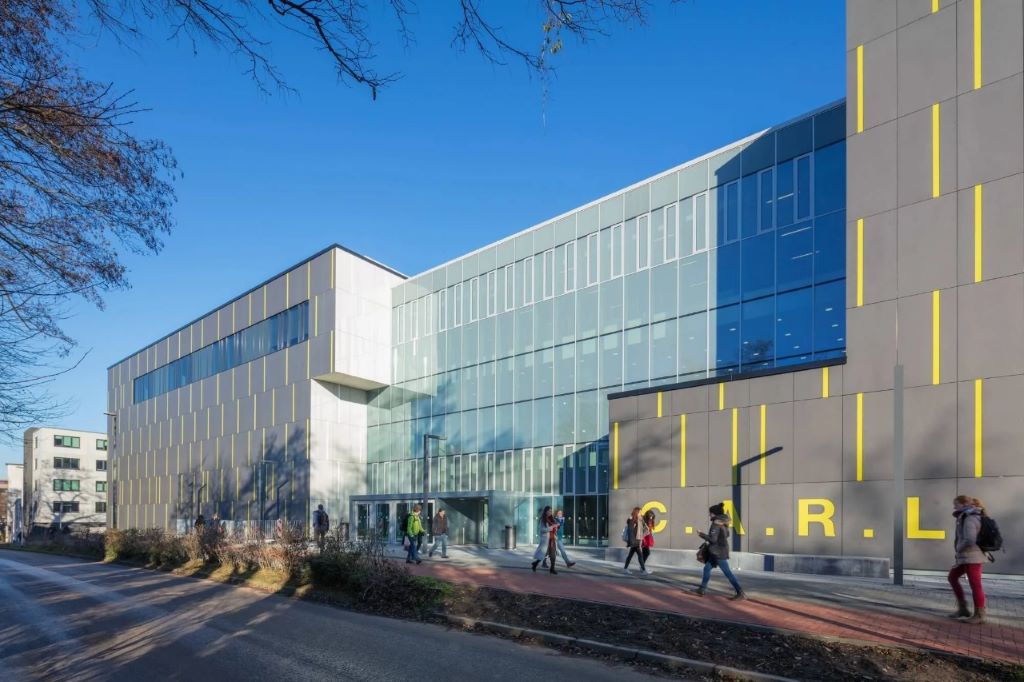


A number of academic, linguistic, and procedural prerequisites must be met by Indian candidates who wish to pursue an MBBS in Human Medicine in Germany. Particularly for medical courses, German universities uphold strict standards and demanding admissions procedures.

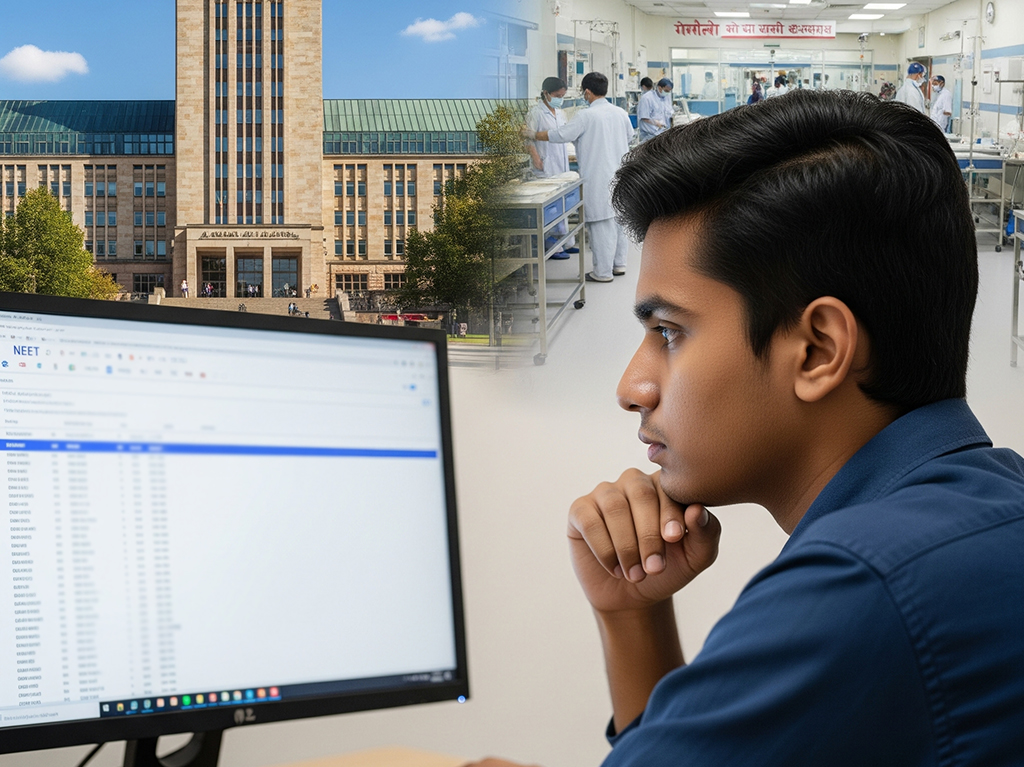



Here is the Germany universities fee structure details are below:
| University Name | City | Non‑EU Tuition (€) | Estimated Living (£/yr) |
|---|---|---|---|
| Charité – Universitatsmedizin | Berlin | - | €11,000–14,400 |
| LMU Munich | Munich | - | €10,800–15,600 |
| Technical University of Munich | Munich | - | €10,000–12,000 |
| Heidelberg University | Heidelberg | - | €12,000–18,000 |
| Goethe University Frankfurt | Frankfurt | - | €12,000 |
| University of Hamburg | Hamburg | - | €12,000 |
| University of Freiburg | Freiburg | - | €10,800 |
| RWTH Aachen University | Aachen | - | €10,800–14,400 |
| University of Tübingen | Tübingen | - | €10,800–12,000 |
| Hannover Medical School | Hannover | - | €10,800 |
NOTE: Tuition Fee – Most German public universities don’t charge EU/non‑EU tuition, universities only charge a modest semester contribution like (€85–350).
WhatsApp us

Enter your basic information and let our knowledgeable counselors help you choose the ideal university!
Get Started
Before we can proceed, we need the basic details.